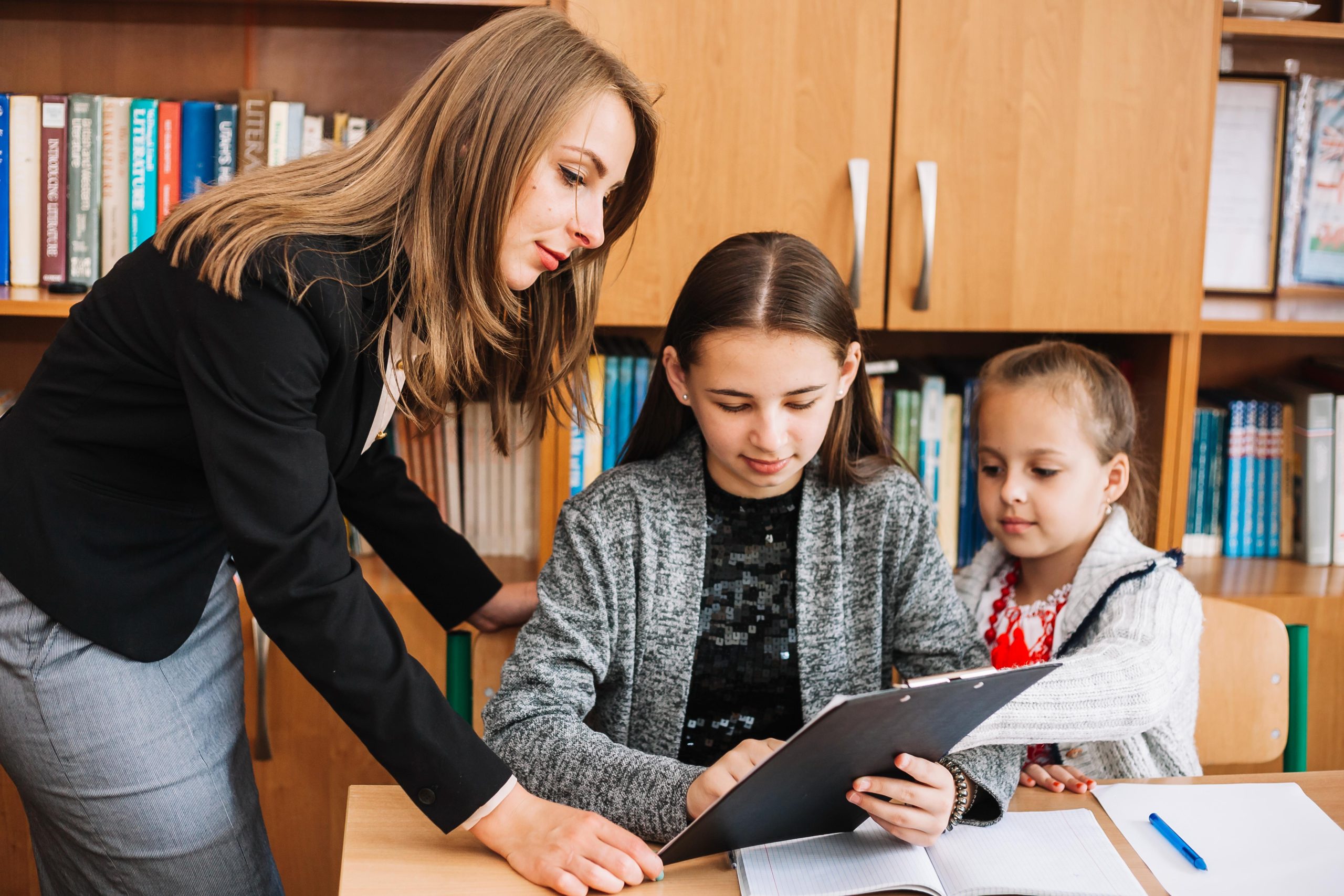
Daily Duties of a Preschool Teacher: Assessing Preschooler Learning
As a preschool teacher, you shape young minds and lay the foundation for a lifelong love of learning. Assessing preschooler learning involves observing, documenting, and evaluating a child’s progress in various areas of development.Observing Preschooler Learning
Observing preschoolers is essential. It involves paying close attention to a child’s behaviour, interactions, and reactions to different activities. Keeping a record of the child’s progress and using multiple methods, like taking notes and recording videos, helps in documenting observations accurately.Documenting Preschooler Learning
Documenting progress involves keeping a record of a child’s work, including drawings and writings. Portfolios and learning journals are effective ways to document progress. Checklists can also be used to document progress in specific areas.Evaluating Preschooler Learning
Evaluating progress involves assessing a child’s progress to determine if they have met specific learning goals. Rubrics and assessments, including standardized tests and informal methods like observations, provide valuable information about a child’s progress.Tailoring Teaching Strategies to Preschooler Learning
It’s crucial to tailor teaching strategies to meet each child’s individual needs. Using a variety of teaching methods and offering individualized support can enhance their learning experience.Communicating Preschooler Learning to Parents and Guardians
Communicating progress to parents is essential. Holding conferences, sending progress reports, and using online platforms can help keep parents informed and involved in their child’s learning.Recording Preschooler Progress
Progress should be documented regularly. Keeping an observation journal, using a rating scale, and taking photos and videos of activities can help document progress and share it with parents.Identifying Preschooler’s Needs
Assessment helps identify each child’s needs. By observing their behaviour and analysing their work, teachers can adapt their teaching strategies to provide targeted support.Collaborating with Colleagues
Collaborating with colleagues is important for consistent assessment practices. Participating in team meetings, working together on assessments, and sharing resources can improve assessment practices.Communicating with Parents and Guardians
Effective communication with parents builds trust and engages them in their child’s learning. Providing regular reports and offering home activities can help keep parents informed and involved.Reflecting on Assessment Practices
Reflecting on assessment practices allows teachers to evaluate their effectiveness and make informed decisions about their teaching strategies. Reviewing data, seeking feedback, and making changes as needed can improve assessment practices.Professional Development
Continuing professional development is important for staying up-to-date with the latest research and practices in assessment. Attending workshops, reading literature, and collaborating with colleagues can improve assessment methods.Adapting Assessment for Inclusive Learning
Adapting assessment for inclusive learning involves creating a supportive environment for all preschoolers. Using multiple assessment methods and collaborating with families and specialists can help provide a positive learning experience for all preschoolers.Reflecting on Professional Development
Reflecting on professional development allows teachers to continuously improve their teaching strategies and provide the best possible learning experience for their preschoolers. By attending workshops, reading literature, and seeking feedback, teachers can improve their assessment methods.

